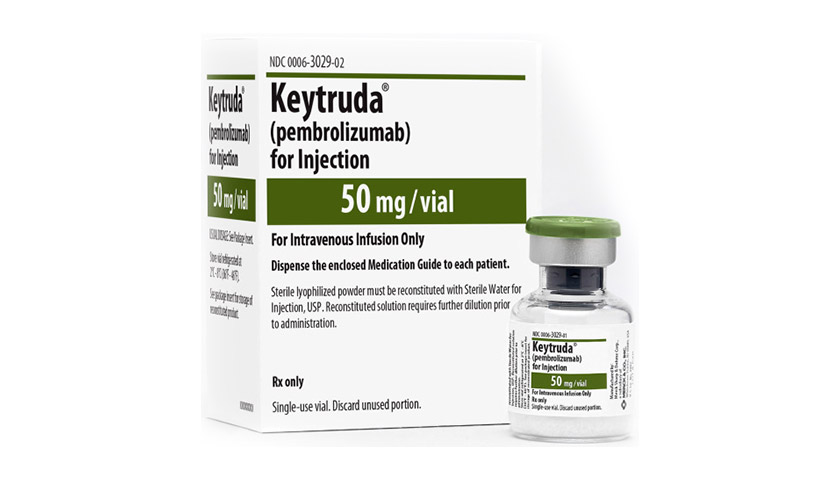Keytruda's liver cancer approval secured by new study

Merck & Co's FDA approval for Keytruda in advanced liver cancer looks secure, after an Asian clinical trial found that the cancer immunotherapy improved survival in these patients.
Keytruda (pembrolizumab) was cleared by the FDA as a second-line therapy for the hepatocellular carcinoma (HCC) form of liver cancer in 2018. The drug's accelerated approval looked like it could be in jeopardy however, after a confirmatory trial failed to show that it was able to help patients live longer than best supportive care.
Accelerated approvals are awarded on preliminary data, providing earlier access to new therapies for patients on the assumption that follow-up studies will confirm their benefits.
The failure of the KEYNOTE-240 raised the prospect of Keytruda being stripped of its indication in HCC, although an FDA advisory committee voted earlier this year that it should remain available until the results of an ongoing trial – KEYNOTE-394 – became available.
That data is now in, and it's good news, according to Merck, which will now be able to apply for a full FDA approval. Keytruda showed a significant improvement in overall survival compared to placebo in HCC patients previously treated with Bayer/Onyx's targeted therapy Nexavar (sorafenib).
Rival cancer immunotherapy developer Bristol-Myers Squibb was not so fortunate, as the FDA advisory committee voted that its Opdivo (nivolumab) therapy should lose its approval in second-line HCC after flunking the confirmatory CheckMate-459 study.
Unlike Merck, BMS did not have another trial ongoing in this setting that would have allowed the advisors to defer their decision on the accelerated approval. They did however recommend that Keytruda lose an approval as a third-line treatment for PD-L1–positive gastric and gastroesophageal junction (GEJ) cancer.
Merck said that Keytruda also hit secondary objectives in KEYNOTE-394, including increased progression-free survival (PFS) and overall response rate compared with placebo, although the results won't be revealed in advance of an upcoming medical meeting.
Keytruda isn't the only second-line cancer immunotherapy option for HCC patients, as Opdivo is still available in combination with BMS' Yervoy (ipilimumab) in this setting, while a confirmatory trial is carried out.
Meanwhile, Roche's Tecentriq (atezolizumab) and Avastin (bevacizumab) claimed approval as a first-line therapy for HCC last year, after outperforming Nexavar in a head-to-head study.
"Frequently diagnosed at an advanced stage, hepatocellular carcinoma has one of the highest mortality rates of solid cancers," said Merck Research Laboratories' clinical research head Scot Ebbinghaus.
He said the company will "look forward to engaging with regulatory authorities as quickly as possible."












